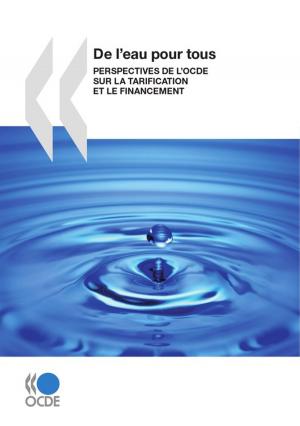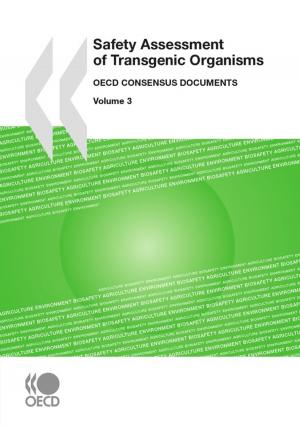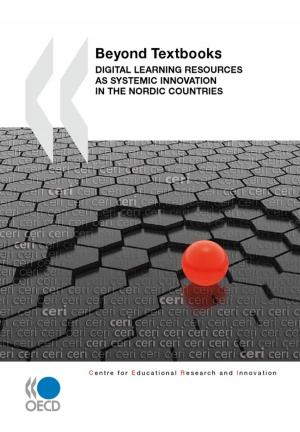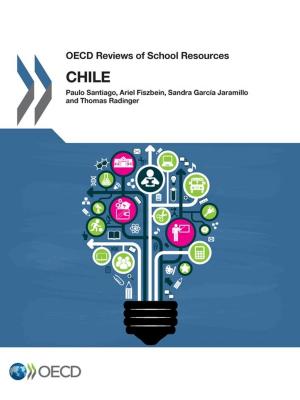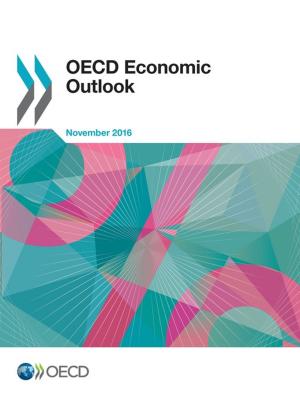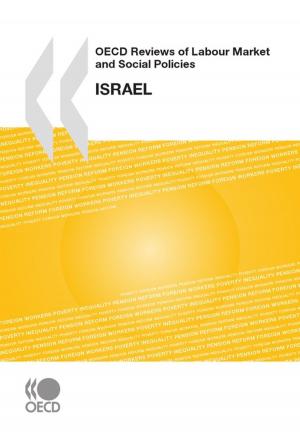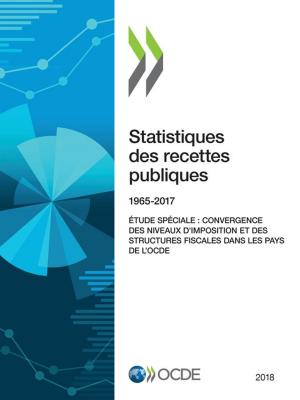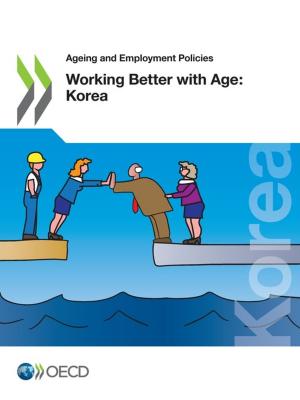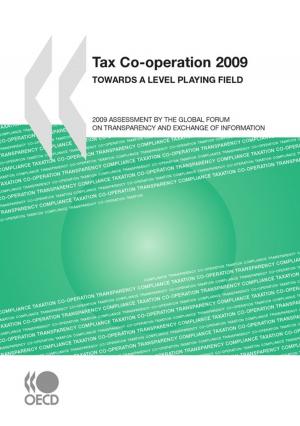The Economic Impact of Export Restrictions on Raw Materials
Nonfiction, Social & Cultural Studies, Political Science, International, International Relations| Author: | Collective | ISBN: | 9789264096448 |
| Publisher: | OECD | Publication: | November 17, 2010 |
| Imprint: | OECD | Language: | English |
| Author: | Collective |
| ISBN: | 9789264096448 |
| Publisher: | OECD |
| Publication: | November 17, 2010 |
| Imprint: | OECD |
| Language: | English |
Export restrictions on raw materials are applied to achieve a number of policy objectives. However, they can have a significant and negative impact on the efficient allocation of resources, international trade, and the competitiveness and development of industries in both exporting and importing countries.
By diverting exports to domestic markets, export restrictions raise prices for foreign consumers and importers. At the same time, by reducing domestic prices in the applying countries and increasing global uncertainty concerning future prices, export restrictions negatively affect investment, thus potentially reducing the overall supply of raw materials in the long term. In view of existing alternative policy tools that have a different impact on trade, the effectiveness of export restrictions to achieve stated policy objectives should be carefully reviewed.
This publication presents a selection of papers discussed at the OECD Workshop on Raw Materials, held in Paris in October 2009. This workshop was organised in response to the growing concern on the use of export restrictions on raw materials, particularly by emerging economies.
Export restrictions on raw materials are applied to achieve a number of policy objectives. However, they can have a significant and negative impact on the efficient allocation of resources, international trade, and the competitiveness and development of industries in both exporting and importing countries.
By diverting exports to domestic markets, export restrictions raise prices for foreign consumers and importers. At the same time, by reducing domestic prices in the applying countries and increasing global uncertainty concerning future prices, export restrictions negatively affect investment, thus potentially reducing the overall supply of raw materials in the long term. In view of existing alternative policy tools that have a different impact on trade, the effectiveness of export restrictions to achieve stated policy objectives should be carefully reviewed.
This publication presents a selection of papers discussed at the OECD Workshop on Raw Materials, held in Paris in October 2009. This workshop was organised in response to the growing concern on the use of export restrictions on raw materials, particularly by emerging economies.

